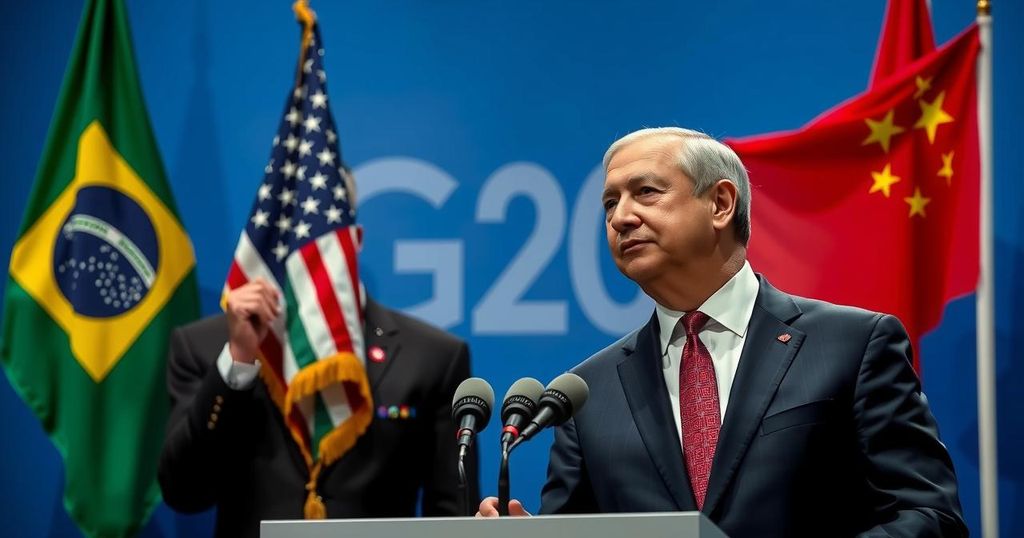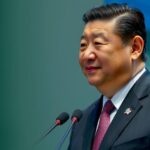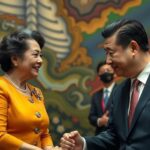Xi Jinping Concludes G20 Summit and Brazil Visit Amid U.S.-China Rivalry
Xi Jinping’s recent visit to Brazil resulted in 37 agreements, enhancing China’s influence in South America amid U.S.-China competition. Brazil aims to balance ties with both nations while navigating potential economic opportunities arising from their rivalry.
Chinese President Xi Jinping recently concluded a significant state visit to Brazil and attended the G20 Summit, celebrating the 50th anniversary of diplomatic relations between Brazil and China. This visit highlights China’s increasing influence in South America amid intensifying competition with the United States. During his trip, Xi cemented 37 trade and diplomatic agreements with Brazilian President Luiz Inácio Lula da Silva, focusing on sectors such as agriculture, renewable energy, and infrastructure, thereby strengthening the bilateral relationship between the two nations.
China has emerged as Brazil’s largest trading partner, with trade approaching $160 billion in 2023, reflecting a nearly 10% increase over the preceding months. Analysts observe that, despite the considerable number of agreements forged during the summit, many may serve more as symbols of commitment than as immediate actionable policies. As Brazil deepens its economic ties with China, the United States is enhancing its soft power efforts, particularly through climate finance initiatives in alignment with Lula’s agenda.
The dynamics of U.S.-China relations may further shift with the anticipated leadership of Donald Trump, whose policies could alienate South America, potentially driving these nations closer to China. President Lula is keen to navigate this complex environment by balancing his country’s relations with both global powers, as evidenced by his decision not to engage with China’s Belt and Road Initiative, which allows Brazil to maintain its diplomatic flexibility.
The competition between the United States and China is impacting global dynamics, particularly in South America, where Brazil plays a crucial role. Analysts highlight the importance of the choices Brazil makes in relation to foreign partnerships, as these decisions could significantly influence the region’s economic and political landscape in the coming years. Xi Jinping’s visit underscores the growing economic collaboration between China and Brazil, which is vital for both countries amidst changes in international power relations.
In summary, President Xi Jinping’s visit to Brazil illustrates the strengthening ties between Brazil and China, amid ongoing U.S. efforts to maintain influence in the region. The numerous agreements signed signify a deepening partnership, although the practical implications may unfold gradually. Brazil’s ability to balance its relationships with both superpowers could yield significant benefits in the context of rising U.S.-China competition.
Original Source: www.voanews.com








Post Comment